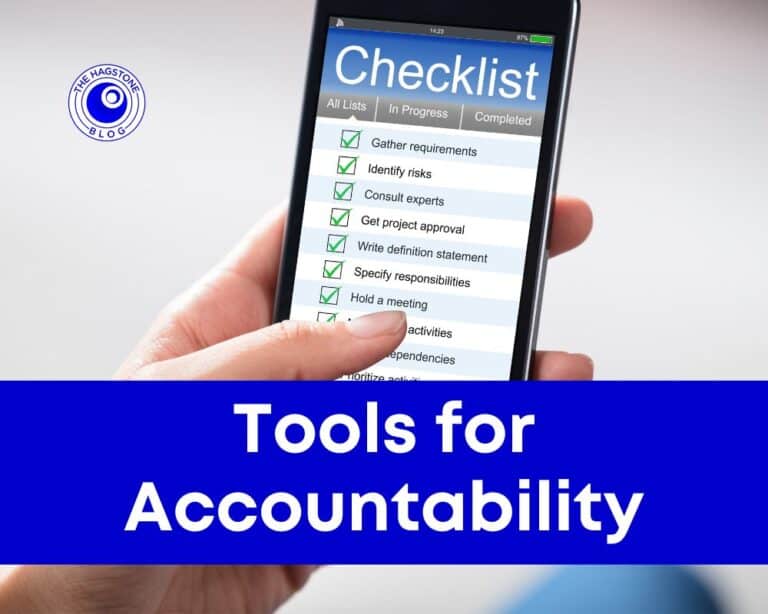It seems like journalling is everywhere, and for good reason. Studies prove that people who keep a journal experience many positive outcomes. These benefits include improved mood, lowered blood pressure, and less anxiety. This sounds great as a business owner, but I believe journalling is more than that. It’s a practise that, when done right, can increase success as an entrepreneur. To gain these benefits, read on for these journaling tips for entrepreneurs.
Journalling Benefits for Entrepreneurs
The benefits of journalling for entrepreneurs are widely recognized. Many successful founders credit keeping a journal as an important part of their journey. And this isn’t new. For centuries, creatives and entrepreneurs have kept journals. Prolific inventor and artist Leonardo da Vinci left behind about 50 notebooks of observations, notes, and ideas. Scientist Marie Curie kept journals, which are now stored in a lead box – because they are still radioactive. And arguably one of the most famous journals was kept by businessman and old-school VC investor Samuel Pepys.
I’ve been journalling since I was about 8 years old. Of course, the methods and purpose of journalling changed throughout the years. When my children were small and I was neck-deep in building a brand and franchise system, my journal was both a comfort and a coping strategy. Some days, I journalled to celebrate wins, and record what I felt great about. Often, I used my journal to process thoughts during challenges. It was helpful to write out my feelings and rationale when making big decisions in my business. These are just some of the journalling benefits for entrepreneurs.
Here are 3 strategies for using a journal to increase success as an entrepreneur.
Separation between personal and business
Entrepreneurs generally have few boundaries between life and work. Journalling allows for more separation between personal life and business. A journal is a safe space to express feelings and frustrations. Being a business owner means keeping on a game face for staff, suppliers, and customers. It just isn’t professional to vent about staffing problems to clients. This is a key cause for the loneliness of entrepreneurship.
Of course, there is the love and support of family and friends. But that has limits. Because really, how often do they want to listen to you blather on about the same issues? Start a journal, and have a private place to vent. Write about all the frustrations of the day. It’s a free-style stream of consciousness. There is no need to explain yourself. You can write about the same problem again and again, without judgement. Then you can leave it behind and be present with family and friends. This allows for more separation between personal and business, which is very healthy. After all, anything that supports your mental health will increase your success as an entrepreneur.
“The starting point of discovering who you are, your gifts, your talents, your dreams, is being comfortable with yourself. Spend time alone. Write in a journal.”
Robin Sharma Tweet
Stress management
Let’s face it, being the boss is hard. There are challenges from customers, staff, and suppliers. Things don’t always go to plan. People make mistakes, and technology fails. As the business owner, it’s usually up to you to put things right. Expressing thoughts and emotions provides a release of anxiety and worry. Using a journal to process feelings about what is going on in business is an effective way to cope with stress.
Entrepreneurship can be brutal. In fact, many founders have shared stories of the burden of responsibility that comes from starting and growing a company. And for every celebrated successful business, there are countless stories of founders struggling to pay the bills and dealing with overwhelm. Start a journal and have a new strategy for stress management. Also, a 2018 study showed that expressive writing about stressful or emotional events improved physical and psychological health.
Insight and understanding
Good business management involves reviewing performance metrics and reports. Journalling isn’t a replacement for that. It’s a way to level up and deepen your understanding. Analyzing reports is an important part of working on your business. However, these don’t show what actions and events contributed to those numbers. Start a journal and track the thought processes behind decisions, and the timeline of changes. This gives you insight and understanding into what is driving the results you are seeing.
In addition to recording behaviours and actions, also share your feelings and hopes. For example, if you decide to change a supplier, note down all the reasons why you are making the switch. Also, write about why you selected the new provider, and what benefits or advantages you hope to gain from the new relationship. This is an effective method for tracking the outcome of decisions you make in your business.
3 Steps to start a journal
Next, here are 3 steps for how to start a journal
First, select what method of journaling works best for you. There are many options. After all, the global market for paper notebooks is USD 21 billion, and still growing. You can pick your favourite colour from the line of classic Moleskine books. Or you can choose something specific for entrepreneurs, like this intention setting and gratitude journal. If you want to shop local to support a small business, there are options on Etsy and local bookstores.
As much as I love beautiful notebooks, there are many benefits to choosing a digital journal. Penzu is a secure online journal that gives you options to personalize fonts, colours, and backgrounds. There is a free version, and paid plans
Once you’ve chosen what kind of journal you want to keep, here are ways to get started.
1. Schedule time
This may seem obvious. But adding a new activity to your routine requires intention. Until journalling becomes a habit, schedule time for it. Though journaling doesn’t have to be daily, consistency is key. Think about what makes sense for you and your schedule. For example, if Fridays are really busy in your business, it may not be realistic to expect to make time to journal. However, to leverage your journal to increase success as an entrepreneur, aim for at least once a week. Block 30 minutes in your schedule and give yourself that space to record, reflect, and vent in your journal.
2. Set goals
Take a moment to think about your intention for journalling. Is this mostly a way to manage stress? Or is it more important that you record your decision making process? Setting specific goals for journalling gives you more purpose. This is motivating and helps you form this new habit. Also, be flexible. It is possible that you’ll start out expecting to use your journal in a certain way, and it will evolve. Moreover, be open to how journalling will change and adapt over time.
3. Categorize
Structure your journal for your future self to use to reflect, review, and analyze. Use categories to make it easier to access information in your journal. If using a digital, online journal, then use titles for entries so they can be searched. For example, create an entry for “New Ideas,” one for “Marketing,” and another for “Customer Service.” Journal on these topics and date each one, so your future self can review thoughts, ideas, and decisions in these categories. If using a notebook, use post-its to separate the book into sections. Alternatively, have separate notebooks for different topics.
Journaling tips for entrepreneurs
Learning how to journal is more than developing the daily habit. Journalling is a powerful way to increase success as an entrepreneur. How? I’ll explain.
Essentially, it’s an opportunity to review and reflect. Journalling has the immediate benefits of expression and processing. However, the real power of a journal is to increase success as an entrepreneur. Incorporate reading your past journal entries as part of of working on your business.
Certainly, you may not want to read every line of a stream of consciousness about that time an employee makes a big mistake. However, if you have titled and categorised your entries, then you have valuable information to help you improve your business. Scan over the past weeks and months, and see what patterns emerge. For example, if you notice that you write about your bookkeeping stress every month, it may be time to upgrade your software, processes, or hire help. Or if there are many entries about staffing stress, then revisit your hiring process, training program, or performance management system.
Overall, starting a journal takes some structure, planning, and time. However, there are the immediate benefits of stress management and better separation of work and home. But the real power comes from being intentional with your journal writing and revisiting your entries to spot ways to improve your business. And as business owners, every opportunity to increase productivity and profits are a good thing.





